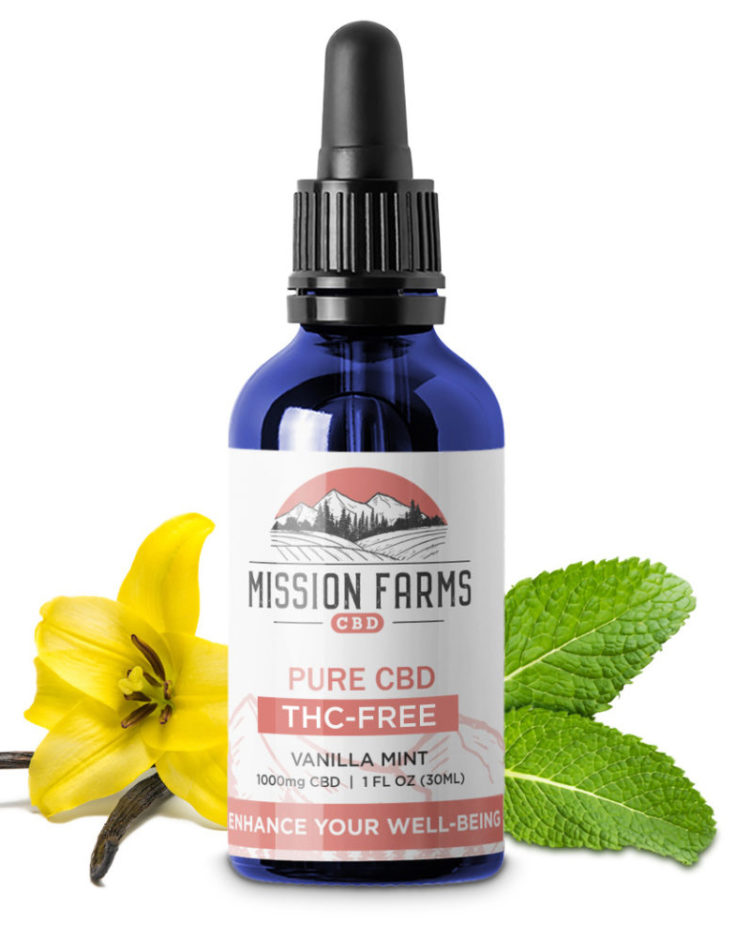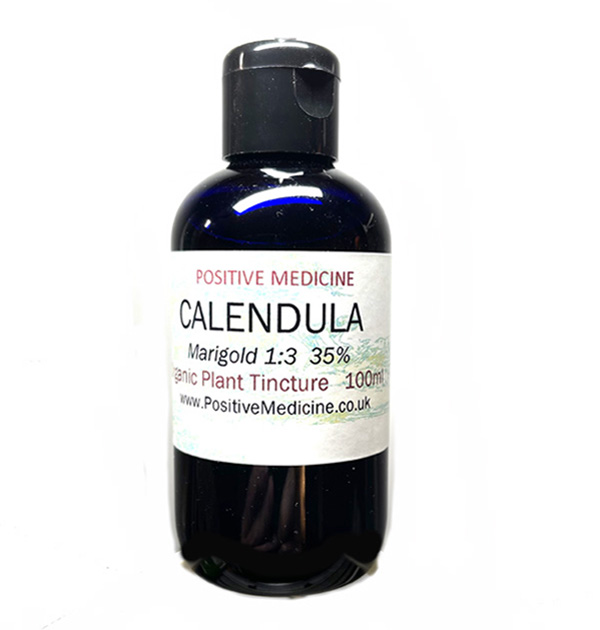
CBD can interact with other medications you may be taking. CBD can interact with medications you are already taking, causing unwanted side-effects and making your treatment less effective. This is why it is important to know what medications cbd interferes with, and when you should avoid them while using CBD.
Drug Interactions CYP450
The cytochrome p450 enzyme family, primarily CYP3A4 and CYP2C19, is responsible for breaking down approximately 60 percent of clinically prescribed drugs. Some prescription medications are metabolized by CYP3A4, while others are metabolized by other CYP enzymes. It is important to know which medicines you are taking and what the metabolism of each drug is so you can discuss this with your doctor before starting CBD treatment.
Antidepressants Seizure Medications
CBD may increase the blood levels for certain antidepressants or sedatives such as selective serotonin reuptake inhibitors (SSRIs), tricyclic Antidepressants (TCAs), etc. It may lead to an increase in side effects. By taking a low dosage of CBD or speaking to your doctor, you can reduce the risk.

NSAIDs, Anti-Inflammatory Medicines
Many NSAIDs, including ibuprofen, can cause liver problems and stomach bleeding. This is because NSAIDs can affect the liver and the bile ducts that help remove fat and toxins from the blood.
CBD is not recommended for use with NSAIDs. This can result in stomach bleeding and GI distress, as well as increasing your risk of developing liver and stomach carcinomas.
CBD taken in conjunction with some antidepressants could also reduce their effectiveness or cause dizziness. You should discuss this with your doctor before using CBD along with any antidepressant.
Warfarin and Blood Thinners
When combined with blood thinners, like warfarin (which is used to prevent strokes and heart attacks), CBD can increase the risk of bleeding. CBD slows warfarin's metabolism in the human body and can extend its duration in the bloodstream.

Buprenorphine or Other Opioids
Some opioids such as buprenorphine can be metabolized using the same enzymes used to break down cannabinoids. This can cause a dangerous interplay between these substances. This can cause serious and sometimes fatal side effects like respiratory distress or coma.
CBD interaction with opioids can be more severe in those with a past of abuse or who have previously used opioids like heroin or painkillers prescribed by doctors. CBD can also impact how quickly opioids break down and are absorbed by the human body.
CBD can also interfere with how your immune system works, reducing its function and increasing the risk of infection. Leflunomide, for example, can cause liver damage when it interacts with CBD.
FAQ
Does CBD help with anxiety?
CBD oil works well to reduce anxiety. This is because it interacts directly with CB1 or CB2 brain receptors. The mood and stress responses are controlled by the endocannabinoid system.
When we feel anxious, our bodies release chemicals that activate the CB1 receptor. When activated, this receptor sends signals to the amygdala, which is responsible for emotional processing.
The CB1 receptor can be blocked so that the amygdala does not receive the signal it needs to process emotions. CBD users have less negative feelings.
A 2017 study revealed that CBD lowers anxiety in patients suffering from social phobia. Another study confirmed that CBD can reduce symptoms associated with PTSD.
A 2018 review concluded CBD's anxiolytic qualities could be helpful in treating generalized anxiety disorder.
Another study indicated that CBD might help reduce panic attacks.
However, multiple studies have shown that CBD does increase anxiety in mice.
The discrepancy found between the animal results and human data might be due to differences of how CBD affects humans and animals.
CBD has not been shown to be safe long-term. Experts are unanimous that CBD is safe if used as directed.
Which countries produce CBD with the highest quality?
The United States produces the majority of CBD products.
However, CBD products can also be made in Canada, Australia, New Zealand and Israel.
Is CBD a good investment?
As more people are aware of the many benefits of hemp-based products and their market, it continues to grow. It's estimated that by 2022 there could be $1 billion worth of hemp-based products on store shelves.
Market growth is expected to continue at a rate of more than 20% annually until 2020 when it will reach $2.5 billion.
Hemp oil is used in many beauty- and health-care products like lotions.
There are also several companies producing CBD-infused beverages, snacks, pet foods, dog treats, and other food items.
CBD is currently legal in all 50 US states. This may change quickly. Businesses will find it easier to legally operate legally as more research is done on CBD's potential uses.
These are just a few of the many reasons CBD investment can be lucrative.
What conditions are treated by CBD?
For any treatment to be effective, the most important factor is the patient's health. If you are using cannabis oil as a medicine, then it must be prescribed by a doctor. Without a prescription from a physician, it is illegal for you to use cannabis products.
A prescription is not necessary if cannabis oil is being used as part of a healthy lifestyle. Talk to your doctor first to ensure that you are safe to use cannabis oil.
You can make cannabis oils from whole plant extracts, or isolated compounds called Cannabinoids (THC or CBN). They contain many different cannabinoids including CBD (CBD), Tetrahydrocannabinol THC (THC), as well as cannabinol CBN (CBN).
These components interact with receptors found throughout the body to create effects including pain relief, stress reduction, and anti-inflammatory and antioxidant properties.
Are CBD companies a good idea?
This question will depend on your goals. They can be a great investment if it is money you are after. If however, you only want to invest in something that may help others, then no.
Is there a CBD industry that is growing?
The answer is yes! The answer is yes! Legalization will continue to spread across North America, and this growth will continue. This year alone, Canada legalized recreational cannabis use, while several states have passed medical marijuana laws.
As more states adopt legislation that allows medicinal marijuana access, this trend is likely to continue at least for the next decade.
Economically, legalizing marijuana makes economic sense. As well as providing a lucrative alternative market for farmers, there are many other benefits to legalizing pot.
It could be used to reduce crime rates and the availability illegal drugs. It could also provide a source of tax revenue for governments.
People may choose to drink less alcohol as legal marijuana becomes more popular. This would reduce hangovers and increase health care costs.
In addition, marijuana might actually improve the quality of life for those who suffer from chronic pain. Many believe that THC (the active ingredient in marijuana) helps to relieve the symptoms of nausea and muscle spasms associated with chemotherapy.
Perhaps marijuana can be used as a treatment for mental illnesses like anxiety and depression. Some studies have shown that marijuana can treat schizophrenia.
The CBD industry is on the rise, and there are many obstacles in its path.
Statistics
- CBD seems unlikely to directly influence sleep in healthy humans [115] (and maybe “sleep-promoting” in those with certain comorbid conditions) (ncbi.nlm.nih.gov)
- OralWhere HED is the human equivalent dose, and Km is a correction factor estimated by dividing the average body mass (BM) of the species (60, 0.020, and 0.150 kg for 11 humans, mice, and rats, respectively) and by its surface area (see: Nair et al. (ncbi.nlm.nih.gov)
- The use of these products is likely to become even more widespread if the World Health Organization's recommendation that CBD no longer is scheduled in the international drug control conventions is adopted by the United Nations member states [201]. (ncbi.nlm.nih.gov)
- HR −16 mmHg; 95% CI −26, −6; I2 = 92%) (ncbi.nlm.nih.gov)
- A recent study [161] also found that in vitro CBD treatment (i.e., ≤ 2 h exposure to 10 μM) induced ~40% vasorelaxation in isolated (pre-constricted) (ncbi.nlm.nih.gov)
External Links
How To
What are the issues that the CBD industry faces?
The market for CBD products continues to grow at an amazing rate. However, this market is still full of challenges for businesses that want to expand. These include low consumer awareness, high entry costs, limited capital access, regulatory uncertainty, and lack of consumer awareness.
Many consumers aren't aware of the benefits and limitations of CBD. This means that consumers are unable make informed decisions about purchasing CBD products.
CBD companies heavily rely on word-of-mouth advertising. This can be costly as it involves advertising and staffing to promote the brand.
Another problem for new entrants to CBD is the high price of production. CBD products can be very costly because of the cost of the raw materials. To make CBD oil, hemp must be grown in certain climates and soil types.
For CBD oil to be produced, you need to plant enough hemp. This costs about $1,000 an acre. As a result, many small farmers cannot afford to start.
Access to capital is another challenge for new entrants in the CBD market. Due to the stigma surrounding the industry, banks discourage many people who wish to start businesses.
Last but not least, there is regulatory uncertainty regarding the sale and distribution of CBD products. There are currently no clear guidelines regarding how CBD products should be marketed.
Despite some states having passed laws restricting the sale CBD products, this is not yet a national policy.
Only Nevada and Maine have so far legalized recreational marijuana.
Massachusetts and Michigan have considered similar measures.
These changes could mean that CBD manufacturers will be more competitive.
As a result of these factors, many entrepreneurs choose to work from home rather than start a physical business.